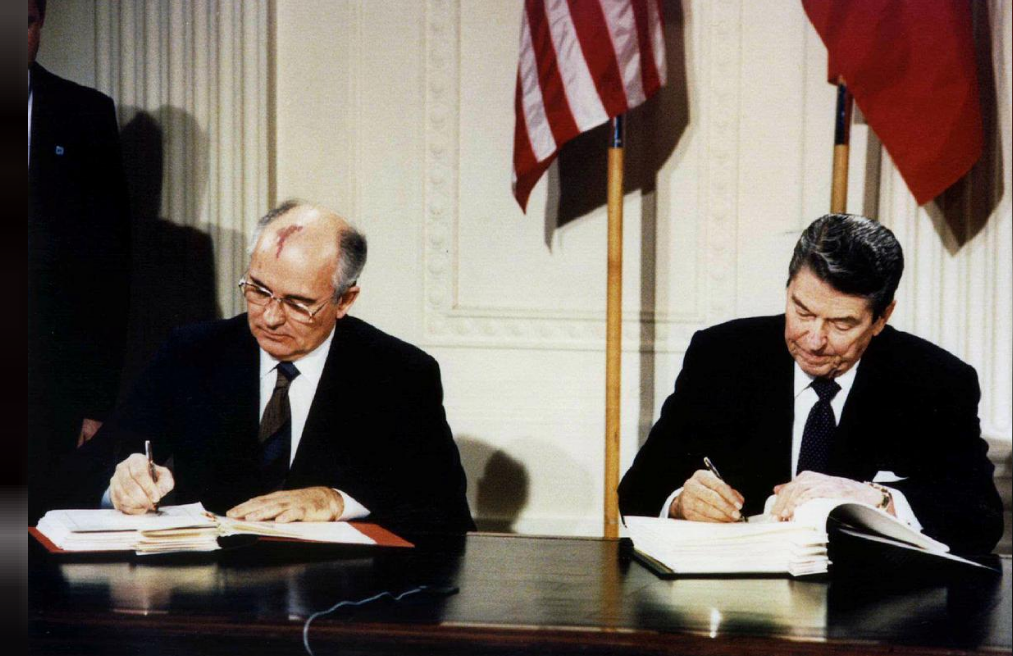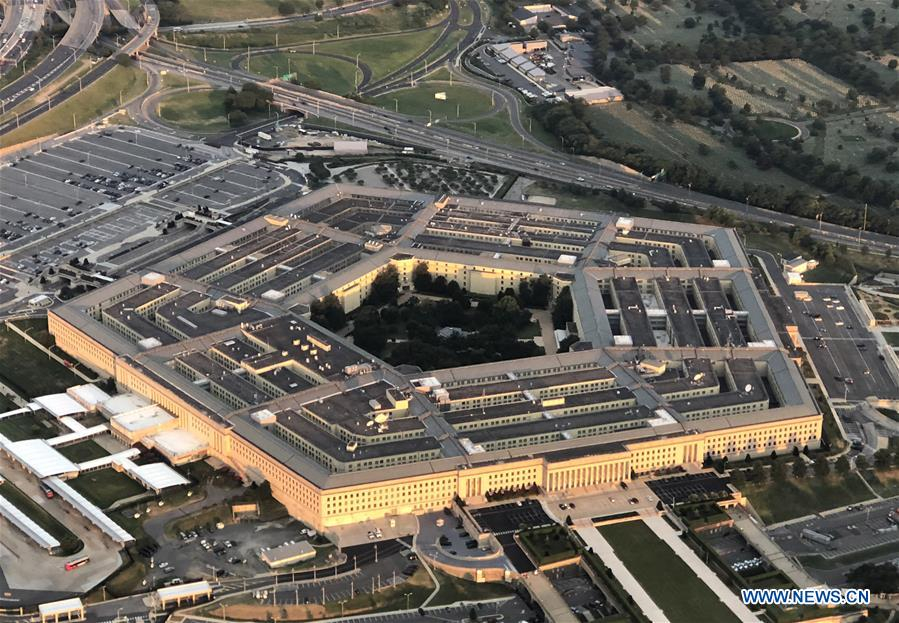China's new ambassador to the United Nations, Zhang Jun, said China regrets that the United States is withdrawing from the landmark 1987 nuclear missile pact with Russia and expressed doubt about joining the U.S. and Russia in a nuclear deal.
"The United States is saying China should be a party in this disarmament agreement, but I think everybody knows that China is not at the same level with the United States and the Russian Federation," he said.
The Chinese Foreign Ministry has reiterated that there is no basis for China to join the negotiations between the U.S. and Russia.
"We made China's position clear on many occasions on whether we will participate in similar negotiations. Right now, we do not see any conditions or basis for China to join the negotiations between the U.S. and Russia. Russia also made public statements on this. It totally understands China's position on the so-called China-U.S.-Russia trilateral disarmament negotiation," said China's Foreign Ministry spokesperson Geng Shuang in July.
The United States' real purpose is to lift self-imposed limitations and seek unilateral military and strategic advantages, said Foreign Ministry spokesperson Hua Chunying on Friday.
If the U.S. resumes its research and deployment of the intermediate-range missiles after its withdrawal from the treaty, it will severely affect global strategic balance and stability, aggravate tensions and distrust, disrupt international nuclear disarmament and multilateral arms control processes and threaten peace and security in the region, she added.
The U.S. formally withdrew from the Intermediate-range Nuclear Forces Treaty (INF) with Russia on Friday after determining that Moscow was violating the treaty, an accusation the Kremlin has denied.
Washington signaled it would pull out of the arms control treaty six months ago unless Moscow stuck to the accord. Russia called the move a ploy to exit a pact that the United States wanted to leave anyway in order to develop new missiles.
U.S. to "fully" develop ground-launched missiles after exiting INF treaty: Pentagon chief

U.S. Secretary of Defense Mark Esper said Friday that the U.S. will fully develop ground-launched conventional missiles after withdrawal.
"Now that we have withdrawn, the Department of Defense will fully pursue the development of these ground-launched conventional missiles," Esper said, pointing to the move as a "prudent response to Russia's actions."
According to the statement, the United States already began research and development activities for the ground-launched missiles in 2017. The department's initial research and development efforts focused on mobile, conventional, ground-launched cruise and ballistic missile systems.
To comply with the obligations of the INF treaty, these programs are in the early stages, the statement claimed.
Esper released the statement on the same day the United States officially withdrew from the treaty.

U.S. President Donald Trump told reporters he would like to seal a new arms deal with Russia reducing all nuclear forces, and possibly with China as well.
"If we could get a pact where they reduce and we reduce nuclear, that would be a good thing for the world. I do believe that will happen,” Trump said.
The INF was negotiated by then-U.S. President Ronald Reagan and Soviet leader Mikhail Gorbachev. It banned land-based missiles with a range of between 310 and 3,400 miles (500-5,500 kilometers), reducing the ability of both countries to launch a nuclear strike on short notice.









